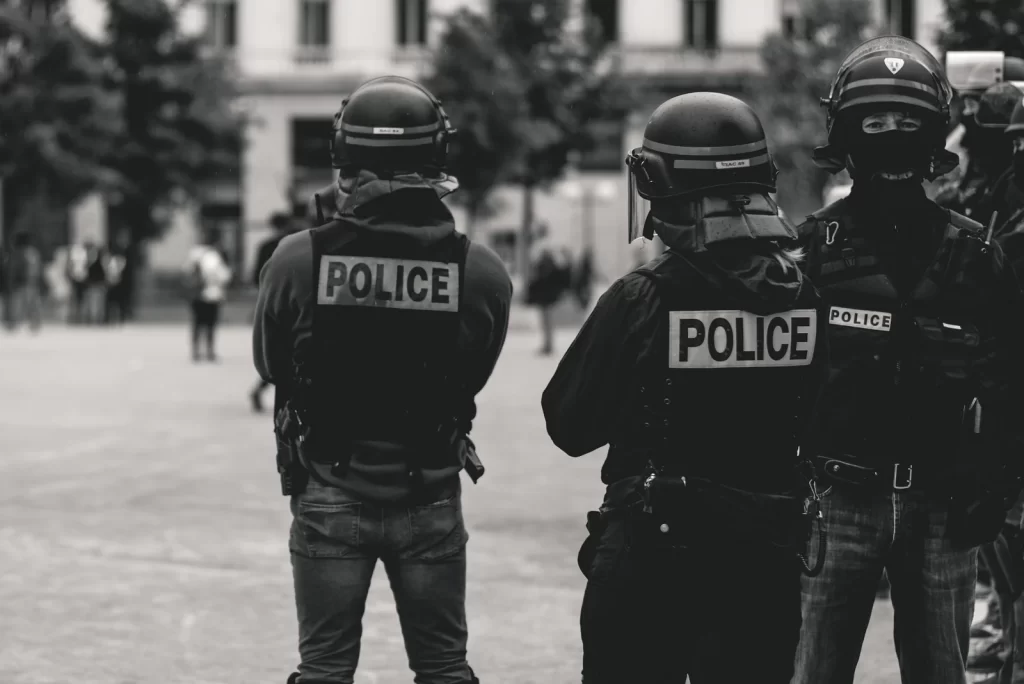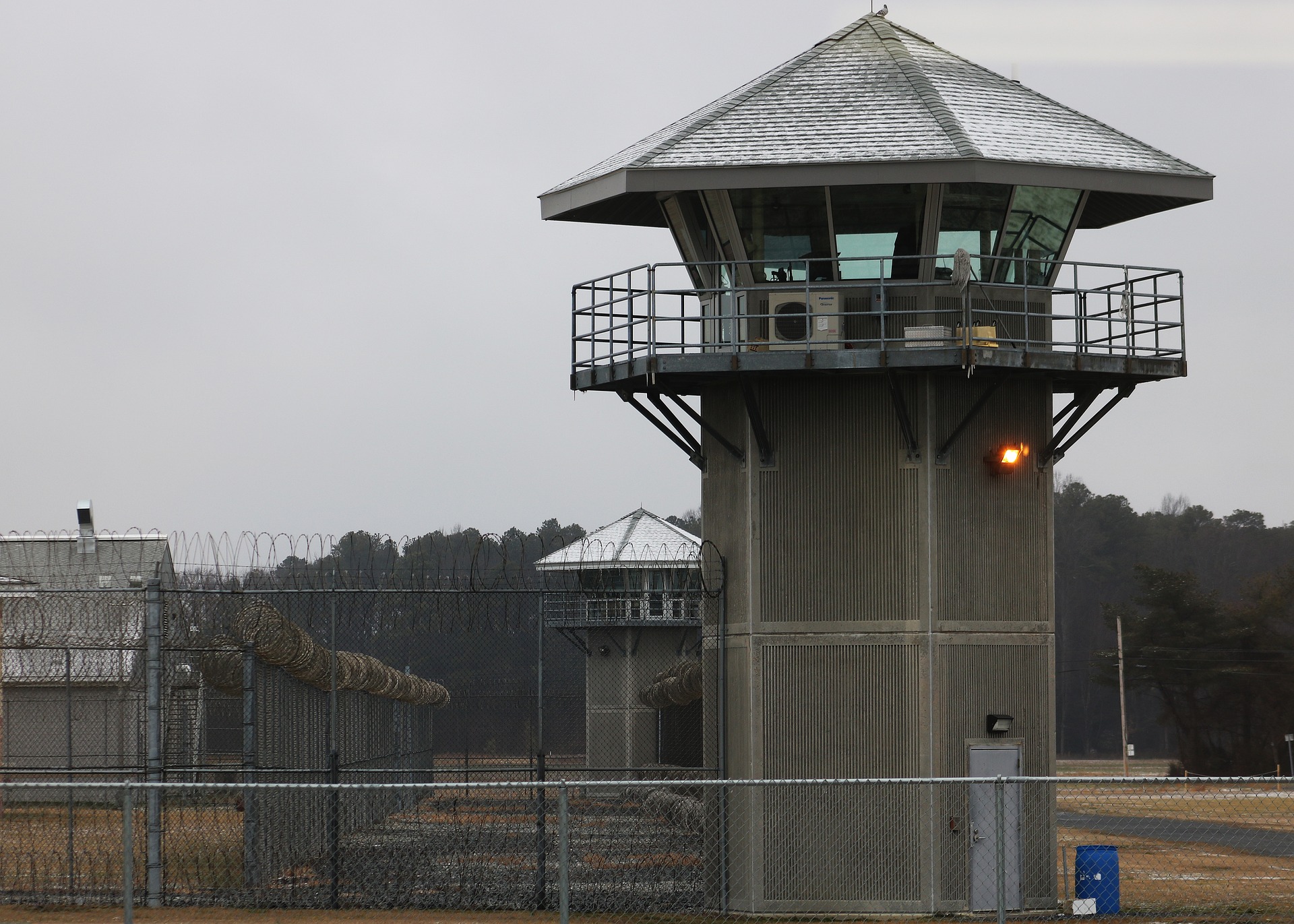Almost everyone agrees that the U.S. has a mass-incarceration problem. As this article that Paul Constant did for Business Insider explains (and as its headline makes clear), “America’s mass-incarceration problem is a huge cost suck for the entire economy — but it’s especially devastating for minority communities.” In fact, as we wrote in this article, mass incarceration is even a public health crisis.
Yet the term “mass incarceration” doesn’t really have a single definition. Sure, we know it means that the U.S. locks up a lot of people. We know the U.S. only has around five percent of the world’s population but locks up roughly 25 percent of the world’s prisoners. We also know that the U.S. locks up around 500 percent more people now than it did in the 1970s. And we know that the U.S. spends more than $80 billion every year on incarceration.
Yet when people refer to mass incarceration, we don’t really have a clear-cut definition of the term to rely on. In this article, our goal is to explain what we mean when we use the term “mass incarceration” and dig a little deeper into why we don’t have a clear definition for the term.
What do we mean when we say “mass incarceration”?
When we use the word “mass incarceration,” we’re talking about several different things. First and foremost, we’re referring to the size of the U.S.’s incarceration system. As we explained above, the U.S. incarcerates millions of people at a disproportionately high rate compared to the rest of the world and spends billions every year to do it.
But the term “mass incarceration” also involves the system that enables our country to lead the world in locking people up and spending on jails and prisons. This system obviously includes police, prosecutors and jail and prison officials. But it also includes political and governmental officials who create or do not work to end the economic, social and racial barriers involved as well.
Finally, when we say “mass incarceration,” we’re not only referring to those who have been or incarcerated but also their loved ones and the communities who suffer as a result. While all of us want our homes and communities safe, it also cannot be disputed that the harms of excessive incarceration extend far beyond the walls of prisons, courtrooms and other government buildings.

Our understanding of the term “mass incarceration” comes from our personal experiences but also from the Institute to End Mass Incarceration. As their website states, “[m]ass incarceration is a phrase with a long history and many meanings.” But the Institute to End Mass Incarceration breaks it down into three parts:
- “An Enormous, Racist Carceral System,”
- “A Network of Social Forces, Institutions, and Actors” and
- “A Broad Set of Harms Inflicted Far Beyond Prison Walls.”
We agree with that three-part definition.
Why can’t we agree on a definition for mass incarceration?
There are a lot of reasons why people have trouble agreeing on a definition of “mass incarceration.” The conversations around our criminal justice system are complex. They often are the product of personal or professional experiences and, as a result, trigger strong emotions. If you ask a police officer, a prosecutor or a jail or prison guard about mass incarceration, you’re almost certain to get a different answer than if you asked someone with a loved one behind bars.

But the term “mass incarceration” isn’t the only example of terms in our criminal justice system that are hard to define. Another example is the term “solitary confinement.” If you search “solitary confinement” on Google, you’ll get a pretty straightforward definition: “the isolation of a prisoner in a separate cell as a punishment.” You might think that’d be a pretty easy, uncontroversial definition. You’d be wrong.
As Peter J. Tomasek wrote in this article for Interrogating Justice, the New York City Correction Officers’ Benevolent Association, Inc., the self-labeled “second-largest municipal jail union in the nation and the second-largest law enforcement union in New York City,” claims that the term ” ‘[s]olitary confinement’ is not a term used by corrections professionals.” Instead, they claim, “[t]hat term, and those like it, is a well chosen demonizing expression created by the prison reform movement geared at evoking a reaction.”
The Takeaway:
There isn’t really a single definition of “mass incarceration.” The inability to define a common term is normal in the criminal justice world. In general, when we use the word “mass incarceration,” we mean the size of our country’s incarceration system, the system that enabled so much incarceration and the consequences of that system that fall beyond the walls of prisons, courtrooms and other government offices.






